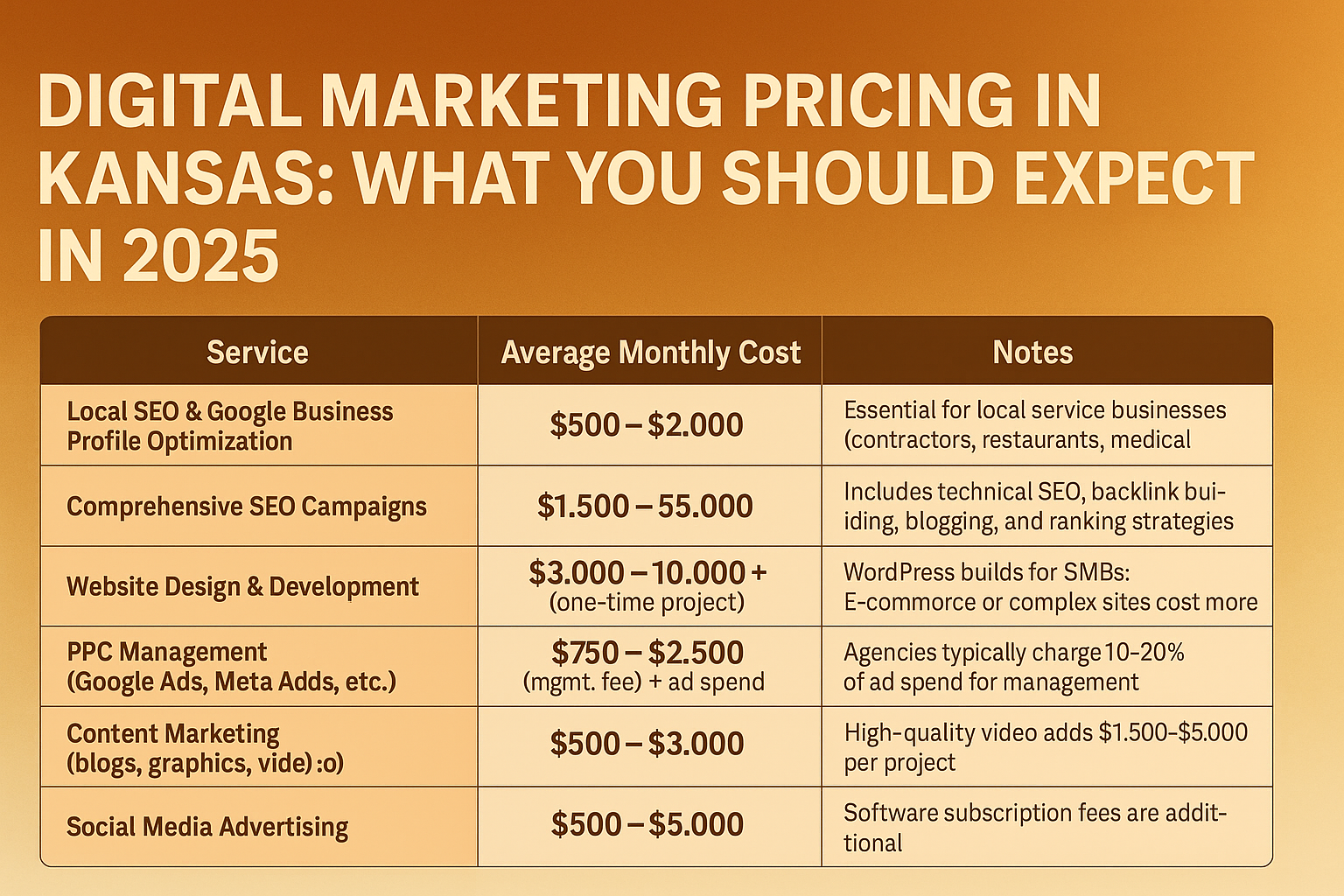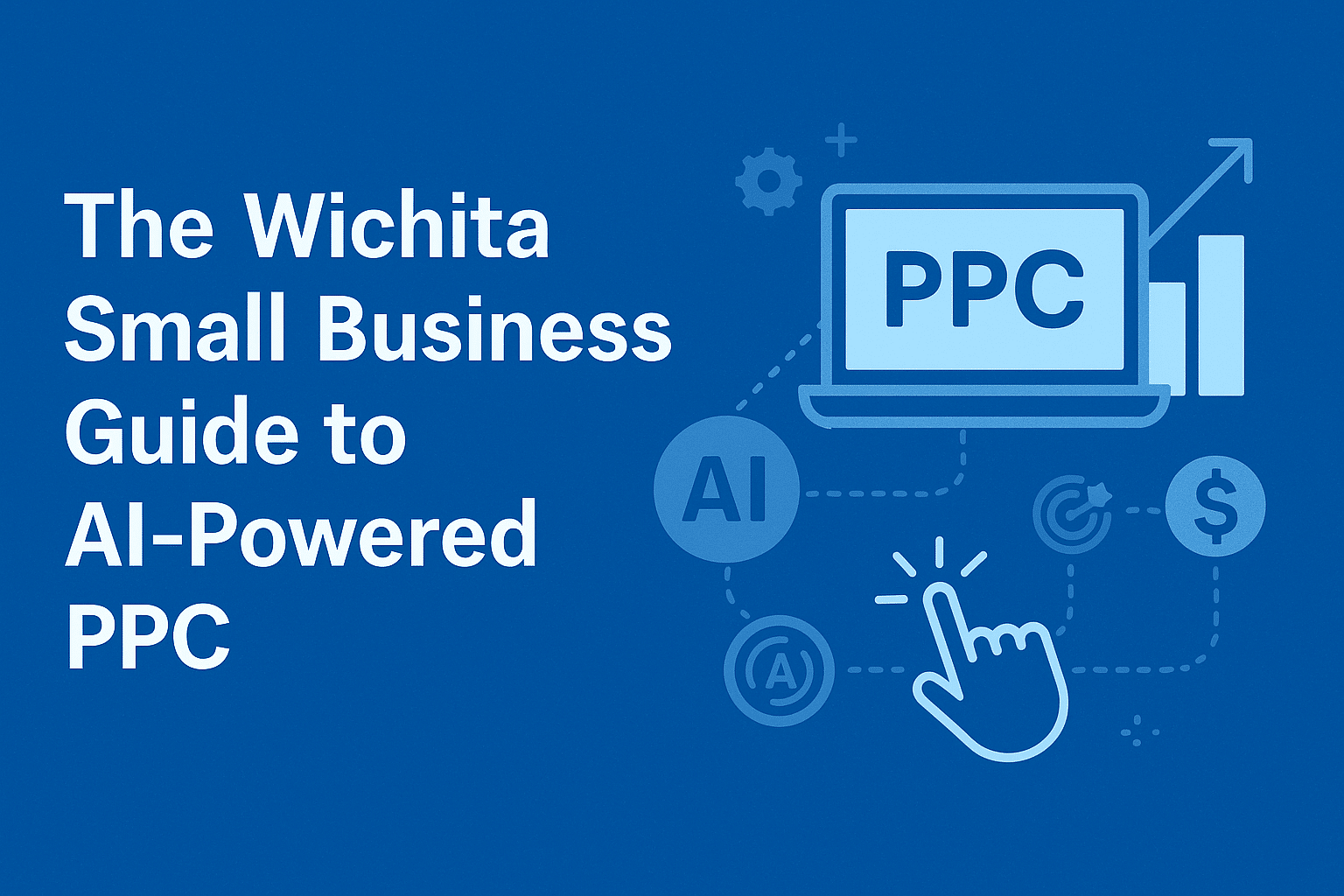Voice Search
Voice Search is a growing component of our smart devices. It allows for hands-free access to the limitless information available on the internet. To the consumer it is quick, efficient, and the most hassle-free way to search for new information, answer questions, and find what they need while on the go. It can be done without unlocking their phone and finding the right app or even without having to look down at their device. If your content is not voice search optimized, you may be missing out on invaluable leads and clicks. In this article, we’ll discuss how to prepare your content for voice search and the future.
Using Natural Language
An important factor to remember when optimizing for voice search is that voice searches don’t follow the same linguistic patterns as a text-based search. There is a greater naturality to a voice search and it often feels more conversational in tone. Voice search is also done with the intent of receiving a direct and specific answer to a quick question or inquiry. Voice searches utilize full sentences and long-tailed keywords.
A great way to tap into the language of these searches is to ask yourself organic questions based on the content you are putting out. Consider creating a frequently asked questions page for your website, and even mini-FAQs for the bottom of your pages that list out natural sounding questions and provide immediate answers. Consider what specific questions people might ask about your areas of expertise, products, or industry, and determine how best to create long tailed answers that tap into their potential.
Localizing SEO
Voice search is also highly location based when compared to more traditional search engines and platforms. Questions like “where is the closest_____?”, “how far from_____”, or “where would I find___?” are common considerations on the go. In order to take advantage of the voice searches in your vicinity, make sure that your location-based information and content is up to date. Additionally, make sure any business profiles on google or other social media sites reflect the location you are physically based or seeking to do business. This is a small step that can help you gain additional reach over your local market.
Mobility
Consider not just what your leads are searching with voice search, but also what they are voice searching on. Odds are, the devices most used to complete voice searches will be mobile. Whether it is a phone, tablet, or even watch, it is critical that you consider this when creating content and updating your website. A website that is not mobile friendly is not voice search friendly. A mobile friendly site is one that loads quickly, and has been optimized in order to work on mobile devices. Make sure that you use the tools available from your hosting platform to create a mobile version of your website that is quickly and easily accessible.
Consider the 5 W’s
When deciding on what content to create, remember the type of questions that users are most frequently asking with voice search. These are specific questions that utilize natural language and sentence structure. Now, think back to your middle school language arts class. What are the five questions? They are who, what, when, where, why (and how). Tailor your FAQ and certain target articles or landing pages to questions that are asked with these basic question types. Find ways to pepper your content, articles, and pages with long-tail keywords and terms that are both relevant to your business and to questions that your target demographic might be asking their Siri, Google, or Alexa enabled devices.
Answer the next Question
When creating optimized content, try to place yourself in the shoes of a lead. What kinds of things do you want your target audience looking for when they come to your website? What are topics and information that you can share that meets the needs of your audience? When asking yourself these questions, remember that your end goal isn’t just to have them voice search your website and go on their merry way. Rather, it is about using that visit to open the door and keep them engaged with the additional and future content you have to offer. In most cases, there will be a potential sale at the end of this path. The best way to keep them engaged is to anticipate the follow-up questions. What additional questions can you answer either on your FAQ page or through additional posts and articles that answers questions they may have after their first?
Remember the User Experience
Remember that your website isn’t for you, it is for the user. Make sure that you are properly optimizing your content and your website as a whole for the fastest and most reliable user experience. Keep your plugins up to date, stick to standardized layouts and styles, and make sure it is easily navigable. Creating a positive user experience is the best way to capitalize on traffic generated from voice search optimization.
Test It
So, after you’ve voice search optimized your content, how do you know it was done successfully? The key is to test it out on your own. Utilize the voice search tools available to you, especially using different platforms if you have access to them and try a few searches out. Think of questions or requests that might lead others to your business. If these searches don’t bring back returns, it may mean that your voice search optimization needs a little more tweaking. If you do get the results, you were looking for, then it is a good sign that your voice search optimization is already working.
Optimized Content
Voice search is a key tool for both businesses’ owners and consumers. It allows faster and more efficient access to queries and search results. Make sure that your content is prepared and capitalize on this tool by performing the voice search optimization tips laid out in this article. Ask yourself what you want users to find when visiting your website and make sure that your content is analyzed and optimized to produce those results.




















